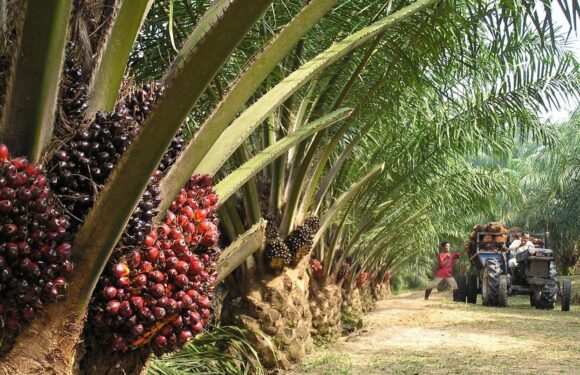MALAYSIA’S exports, which grew 13.6% year-on-year (yoy) in September albeit concentrated in select sectors, beat expectations by a large margin and provide support to the current account surplus and hence a degree of stability to the ringgit, said CGS-CIMB Equities Research.
It said imports had gradually narrowed the annual losses in recent months, the second wave of COVID-19 and the implementation of the conditional movement control order (CMCO) in Selangor, Kuala Lumpur and Sabah dented the recovery in domestic demand.
Malaysia has now entered the third wave, with a total of 10,123 people still being treated as at 12 noon on Oct 28. Of the 801 new cases recorded yesterday, 799 were local infections and two imported cases.
It said political uncertainty and social distancing curbs could cool consumer and business sentiment, with downside risks in the near term to the recovery in imports of consumption goods and capital goods.
“(Hence) we maintain forecasts for 2020 gross exports at -2.0%and gross imports at -3.5%, which collectively underpin a current account surplus of 2.8% of gross domestic product (GDP), providing a degree of stability to the ringgit from dislocations in financial flows,” it said in its research note yesterday.
The trade data released yesterday revealed that exports rebounded by a double-digit growth to RM88.93 bil last month, the highest export value ever recorded for the month of September. Imports decreased by 3.6% to RM66.96 bil.
Trade surplus surged by 149.3% yoy to RM21.97 bil, the highest trade surplus ever recorded for the month of September.
Elaborating on exports, CGS-CIMB said the sharp improvement was heavily concentrated in a narrow segment of manufacturing (+17.5% yoy in September) – primarily electrical and electronics (E&E), gloves and iron and steel – while palm oil was responsible for the surge in agriculture exports (+26.6% yoy in September).
“The global surge in COVID-19 infections over the last month provides further support to exports of rubber products (+115.8% yoy). Palm oil exports rose by 43.6% yoy as the production season reaches its peak, coinciding with restocking activities by China and the European Union,” it said.
It said stockpiling by China ahead of the United States ban on tech exports on Sept 15, 2020, likely boosted Malaysia’s E&E exports to a 33% surge in the month.
“Although some cooling off is expected following the ban, we think key consumer electronics and smartphone launches will continue to support external demand for E&E, particularly semiconductors. “
CGS-CIMB also expects Bank Negara Malaysia to reduce its overnight policy rate (OPR) by 25 basis points (bps) to 1.50% on Nov 3 to provide further monetary stimulus. Currently, the OPR stands at 1.75%
The central bank slashed the key interest rate four consecutive times this year, kicking off with the two 25 bps reductions at the January and March meetings, followed by a 50 bps cut in May and another 25 bps cut in July. – Oct 30, 2020










